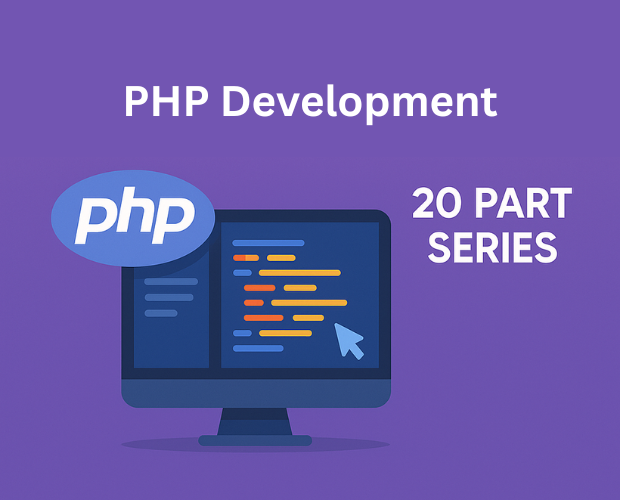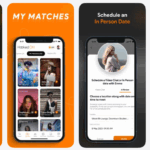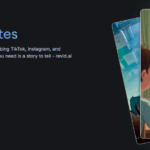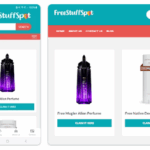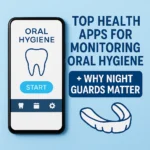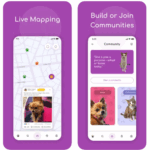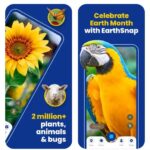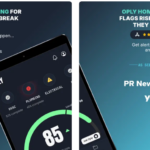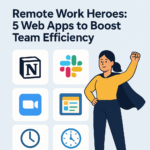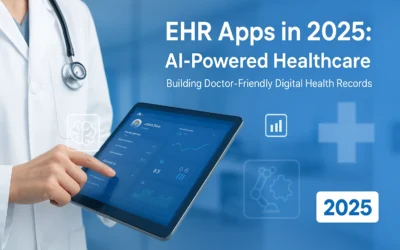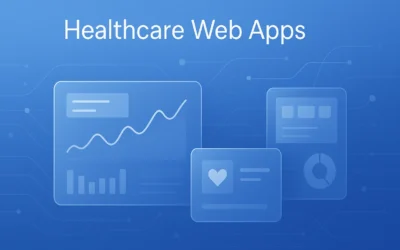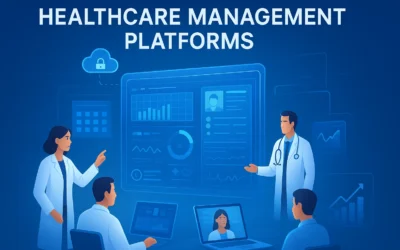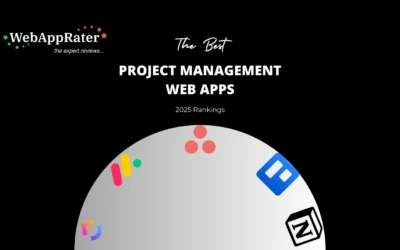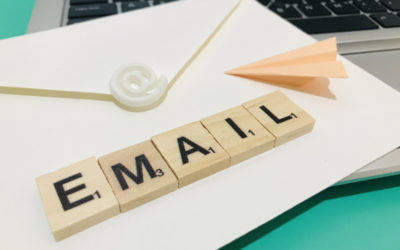Do you want to learn how app development for beginners? Then you need to learn these seven basic skills all developers need to get started.
Do you want to learn some tips on app development for beginners?
Mobile phones are an extension of the modern man’s identity. Thus, phone apps are an important element today. It’s so essential to us now that Android apps reached its peak quantity in 2018 with 3.6 million available apps.
If you want to add your app idea to the number, you need to learn app development. Learning about app development is an arduous process. To help you get started, we listed down 7 essential app development skills beginners need to pick up.
1. Familiarize Yourself With the Development Tools and Environment
Adaptability is an important skill when you work in app development. The development environment you have today may not be the same in the next five years. However, you’ll likely still see similar features in the future.
Right now, don’t worry about how different app development will be in the future. Your mission is to get to know the current development environment and tools. This will help you improve your code for complex projects later.
It can be difficult for some to adapt once they get used to a certain environment. To roll with the changing tides of app development, get familiar with the environment. This also applies to the development tools you’re using.
2. Learn How to Code Everything
Knowing how to code is an essential asset if you’re looking to create the next big app. Not all mobile app developers will need this. However, it’s always a good skill to have, especially if you’re aiming high.
One of the great things about learning to code is that it’s available online. All you need is a good Wi-Fi connection and a computer. Some e-learning sites might ask you for fees or your email.
Also, it’s a good idea to learn several programming languages rather than specialize in one. Python, Java, and PHP are some of the top programming languages for mobile app development. Other notable programming languages include BuildFire, C++, and Swift.
3. Pick the Right Tools
You only need a few things for mobile app development. Most of these are available online and are open source tools. Some tools will vary depending on the phone you’re creating the app for (Android or iPhone).
If you’re building an Android app, for example, you’ll need to work within some parameters. This includes performance and responsiveness, lag, and limited resources.
Discuss with your team about which the right tool is. If your team is in a different city or country from you, screen-sharing is always a helpful tool. If you’re using a Mac, click the link to learn how to share screen on Mac.
4. Read the HIG
If you want to create a mobile app in which users feel comfortable with, read the Human Interface Guidelines or HIG. Remember that every platform is unique and thus have different UIs. This is a very easy skill to pick up when you’re learning app development for beginners.
You might notice that different mobile devices have unique features. For example, iOS users often know of the back button at the top left corner of the screen. Android models have dedicated hardware for the back button.
These bits of information are in the HIG of the devices. They’ll help you create apps that correspond to the behaviors of your users.
5. Integrate Interest and Functionality
Between building a utility app and a fun, creative app, which do you prefer to do? While you’re focusing on your basic skills, bear the grind of learning to work around your weakness. Better yet, eradicate that weakness and make it your strength.
If you’re a creative person, it’s easy to create an app with a beautiful UI. However, your creativity will amount to nothing if your app doesn’t function the way you want it to. If your right brain is more dominant, try to create a Utility app as an early project.
If you’re left-brained, this project will be easy for you. Instead, create an app with wonderful design and beautiful details. This challenges your creativity while enhancing your interest in a practical app.
6. App Development for Beginners: Learn About Your Application Components
The app components are building blocks of app development. For example, you’re creating an app for Android phones. You need to take note of the five app components that outline how an app works.
These five components include:
- Activities
- Services
- Content providers
- Broadcast receivers
- Activating components
The activities component embodies the single screen with a user interface. These various independent activities create a cohesive user experience in the app. For example, a chatting app has one activity for the list of contacts, another for each chat page, and so on.
Services is the component running in the background for remote processes or long-running operations. This might include playing music, fetching data, and such. This component doesn’t provide a user interface.
The next component is the content providers component. It manages a shared set of app data and some private app data. This component lets you change or query data stored in the system or web.
The broadcast receivers respond to system-wide broadcast announcements. They don’t have a UI and are often notifications and alerts in the status bar. This component does the least work.
Finally, we have the activating components. This is a synchronous message referred to as intent. It activates the other components and binds individual components to another.
7. Illustrate Your Ideas Through Prototypes
Ideas are powerful much like lighting. They strike you only once. If great ideas strike you, they’ll likely leave a lasting memory.
Now, we understand that it’s easy to get fixated on an idea. However, at some point, you have to take a step back and assess this idea of yours. One way to do it is to put it in a prototype.
Creating prototypes is a quick way to bring your idea to life. They work for ideas on both full apps and codes. When you’ve created a prototype, put it on mobile and show it to a friend.
Collecting feedback is a great way to let you know if you can develop the idea further or throw it away. Often, you’ll have to throw the prototype away. Remember, it’s only a prototype.
Develop the Basics
That’s it for our guide on app development for beginners.
Learn these basic skills and soon you’ll be ready for the wonderful world of app development. Note that these are only some of the most essential skills for beginners. Keep seeking knowledge about app development to develop your skills further.
Did you enjoy this post on app development? If you want to see more educational posts like this, check out the rest of our guides.


